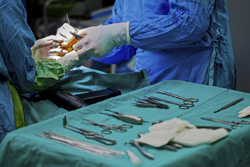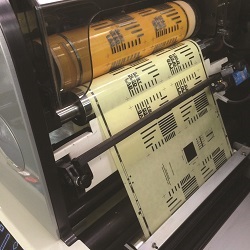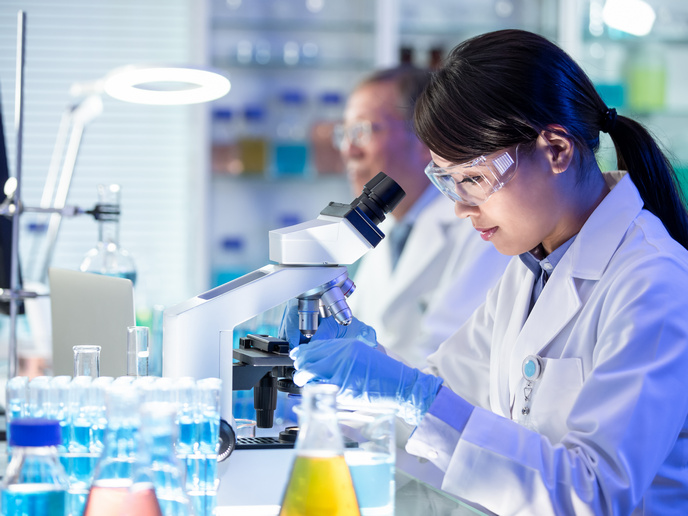New processes for cleaning textiles and medical devices
The 'Advanced CO2 cleaning as an ecological process technology' (ACCEPT) project has developed environmentally friendly alternatives for cleaning pliable (textiles and leathers) and hard surfaces (medical devices, medical implants and fine metal parts). Currently, cleaning, disinfecting and sterilising these materials requires solvents to remove dirt and stains before they can be (re-)used for their final applications. These are often organic solvents (halogenated and non-halogenated hydrocarbons) with environmental and hygienic drawbacks. Their efficiency is also frequently insufficient as they can leave residues and contaminants on the treated surfaces. Funded by the EU, ACCEPT investigated liquid carbon dioxide (LCO2) and supercritical carbon dioxide (SCCO2) cleaning processes and designed a full-scale production cleaning unit for these. Better cleaning processes for textiles were developed for LCO2, as well as a monitoring system to measure the results. Also, sufficient sterilisation was achieved for medical devices and implants, such as flexible endoscopes, for the technology to be scaled up for production. The antimicrobial effectiveness of the new cleaning processes was assessed for a broad range of microbes, including Staphylococcus and Enterococcus varieties. The experiments revealed that SCCO2 has a higher antimicrobial activity than LCO2 — up to five times more in some cases. Project partners also found that the new processes are cheaper than using existing solvents in an industrial setting, in particular for cleaning textile garments with LCO2, where savings of up to 13 % were found. The impact of the ACCEPT project is that it will help European small and medium-sized enterprises (SMEs) meet upcoming EU and national standards for volatile emissions and working conditions. Research outcomes will have a significant effect on cleaning practices within the EU and strengthen the SME cleaning companies that adopt the new environmentally friendly LCO2 technology. Furthermore, for cleaning equipment and medical sterilisation equipment manufacturers these new technologies offer higher competitiveness and growth based on a new, sustainable technology.







